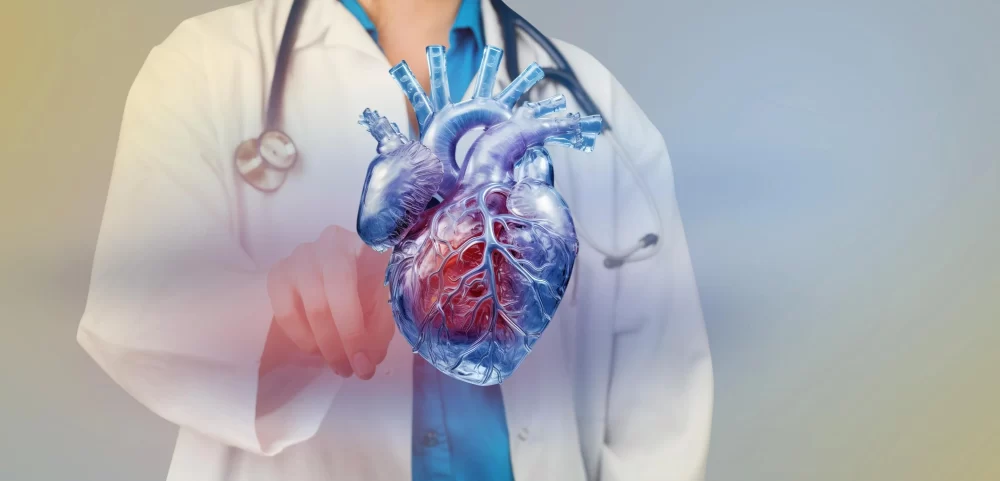How Cardiologists Treat Cardiovascular Diseases with Non-invasive Techniques
- Non-invasive Heart Treatments
- Advanced Diagnostics in Cardiology
- Prevention and Maintaining Heart Health
1. Non-invasive Heart Treatments
Cardiologists around the world are continuously evolving their approach to treating cardiovascular diseases, and one of the most remarkable advancements in recent years is the use of non-invasive techniques. These methods allow doctors to diagnose, monitor, and treat heart conditions without the need for surgery or invasive procedures. This approach reduces recovery time, minimizes the risk of complications, and enhances patient comfort.
One popular non-invasive technique is cardiac imaging, which includes MRI scans, CT scans, and echocardiograms. These imaging techniques provide cardiologists with detailed images of the heart's structure and function, helping them to identify issues like blockages, valve problems, or irregular heartbeats.
Another breakthrough is cardiac rehabilitation programs, which involve personalized exercise regimens, dietary plans, and stress management strategies to help patients recover and maintain heart health. These programs are designed to restore cardiovascular fitness and reduce the risk of future heart problems.
2. Advanced Diagnostics in Cardiology
In addition to non-invasive treatments, advanced diagnostic tools are revolutionizing cardiology. Electrocardiograms (EKGs) are commonly used to detect abnormal heart rhythms, while the Holter monitor records heart activity over an extended period to detect intermittent issues that may not show up in a standard test.
Furthermore, non-invasive blood tests have gained popularity for assessing cardiovascular health. These tests can measure cholesterol levels, inflammation markers, and genetic risk factors that may predispose individuals to heart disease. Cardiologists use this information to create a tailored treatment plan, which may include lifestyle changes or medications.
Recent advancements also include magnetic resonance imaging (MRI) for mapping heart function. This method allows doctors to create a 3D image of the heart, identifying areas with reduced blood flow, which could signal heart attack risks or complications from coronary artery disease.
3. Prevention and Maintaining Heart Health
Prevention plays a crucial role in maintaining a healthy heart. Cardiologists often emphasize lifestyle changes as a non-invasive solution to prevent cardiovascular diseases. By adopting a heart-healthy diet, exercising regularly, managing stress, and avoiding smoking, individuals can significantly lower their risk of developing heart disease.
One key non-invasive treatment to help prevent heart disease is dietary modification. Cardiologists recommend a diet rich in fruits, vegetables, whole grains, lean proteins, and healthy fats to reduce cholesterol and blood pressure levels. Additionally, regular physical activity is essential for maintaining cardiovascular health, and even a moderate level of exercise, such as walking or swimming, can make a significant difference in overall heart health.
Stress management techniques like yoga and mindfulness meditation are also encouraged, as chronic stress is a major contributor to heart disease. Cardiologists work with patients to find the best techniques for reducing stress and improving mental well-being, which has a direct impact on heart health.
For those already at risk, medications such as statins, aspirin, or blood pressure medications can help prevent complications. These treatments are often prescribed alongside lifestyle changes, ensuring a holistic approach to heart health.





















